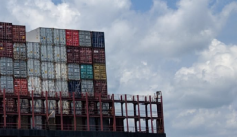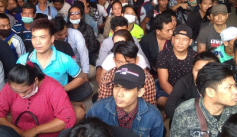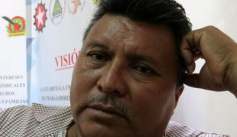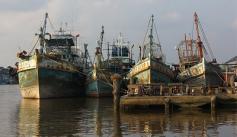Blog
July 1, 2020
Thank you from Judy Gearhart
July 1, 2020
ILRF is Merging with Global Labor Justice!
June 29, 2020
Improving Customs and Border Protection (CBP) Communications with Stakeholders Must Be A Two-Way Channel
June 26, 2020
COVID-19 Impact on Migrant Workers in Thailand
March 27, 2020
Honduran Union Leader Threatened with Imprisonment
January 18, 2020
When ‘business as usual’ costs lives: workers in Pakistan call for a binding safety agreement
November 11, 2019
Forced Child Labor in Cocoa; Twenty Years of Failure
July 25, 2019
Pages
Blog archive
- October 2018 (2)
- September 2018 (1)
- August 2018 (1)
- July 2018 (1)
- June 2018 (3)
- May 2018 (1)
- January 2018 (2)
- December 2017 (1)
- November 2017 (3)
- October 2017 (2)
- ‹ previous
- 4 of 17
- next ›





